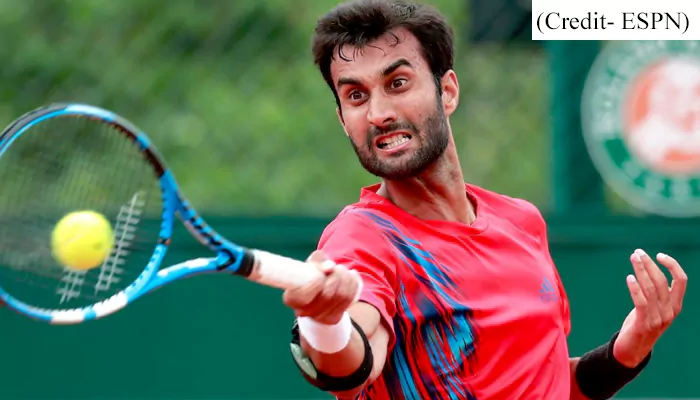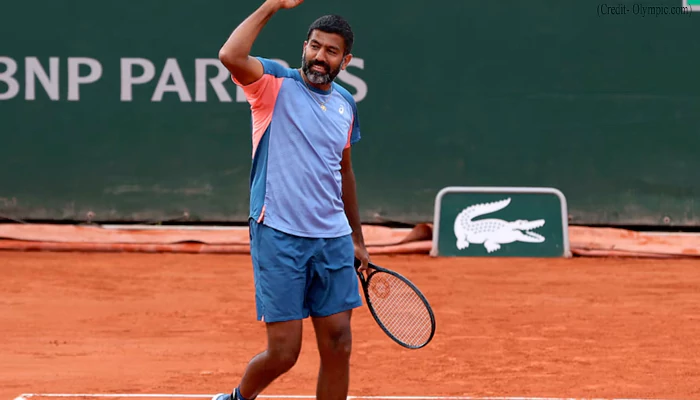Sports Psychology: Understanding the Mental Game and Its Influence on Athlete Performance
- Admin
- 1 year ago
- 4 minutes read

Intro: Understanding the mental game and its influence on athlete performance is crucial for coaches, athletes, and sports psychologists alike.
Sports psychology is a fascinating field that delves into the intricate relationship between the mind and athletic performance. While physical prowess and technical skills are undoubtedly essential in sports, the mental aspect often plays a significant role in determining success or failure on the field or court. Understanding the mental game and its influence on athlete performance is crucial for coaches, athletes, and sports psychologists alike.
The Importance of Sports Psychology
Sports psychology encompasses various psychological principles and techniques aimed at enhancing athletic performance, managing stress, building confidence, and improving overall mental well-being. Athletes face numerous mental challenges, including pressure to perform, fear of failure, distractions, and emotional fluctuations. Sports psychology helps athletes navigate these challenges and optimize their mental state to achieve peak performance.
Mental Skills Training
One of the primary objectives of sports psychology is to develop and enhance mental skills that contribute to athletic success. These skills include:
Goal Setting: Setting specific, measurable, achievable, relevant, and time-bound (SMART) goals helps athletes stay focused and motivated. Goal setting provides athletes with a clear direction and allows them to track their progress effectively.
Visualization: Visualization, also known as mental imagery or mental rehearsal, involves creating vivid mental images of successful performance. By mentally rehearsing their actions and outcomes, athletes can enhance their confidence, improve technique, and reduce anxiety.
Self-Talk: The way athletes talk to themselves can significantly impact their performance. Positive self-talk, such as affirmations and motivational statements, can boost confidence and resilience, while negative self-talk can undermine performance and increase stress. Sports psychologists work with athletes to cultivate positive self-talk habits.
Attention Control: Maintaining focus and concentration is crucial in sports. Athletes often face distractions, both external (e.g., crowd noise) and internal (e.g., negative thoughts). Sports psychology techniques, such as mindfulness and attentional focus exercises, help athletes develop greater control over their attention and stay present in the moment.
Arousal Regulation: Arousal refers to the level of physiological and psychological activation experienced by an athlete. Optimal arousal levels vary depending on the sport and individual preferences. Sports psychologists teach athletes strategies for managing arousal, such as deep breathing, progressive muscle relaxation, and visualization techniques.
Overcoming Mental Barriers
In addition to developing mental skills, sports psychology helps athletes overcome common mental barriers that may impede performance. These barriers include:
Fear of Failure: The fear of failing can paralyze athletes and prevent them from taking risks or performing at their best. Sports psychologists help athletes reframe failure as an opportunity for growth and learning rather than a reflection of their worth as individuals.
Perfectionism: While striving for excellence is admirable, perfectionism can be detrimental to athletic performance. Perfectionistic tendencies often lead to excessive self-criticism, fear of making mistakes, and burnout. Sports psychologists work with athletes to cultivate a healthier mindset that embraces effort, resilience, and progress over perfection.
Performance Anxiety: Many athletes experience performance anxiety, especially in high-pressure situations such as competitions or important games. Sports psychology interventions, such as relaxation techniques, cognitive restructuring, and pre-performance routines, help athletes manage anxiety and perform confidently under pressure.
Negative Thought Patterns: Negative thinking patterns, such as catastrophizing, mind reading, and black-and-white thinking, can sabotage athletic performance. Sports psychologists help athletes identify and challenge these irrational thoughts, replacing them with more constructive and empowering beliefs.
The Role of the Coach
Coaches play a vital role in supporting athletes' mental well-being and performance. A coach's leadership style, communication skills, and ability to create a positive and supportive team culture significantly influence athletes' psychological states and motivation levels. Coaches who incorporate sports psychology principles into their coaching approach can help athletes develop mental toughness, resilience, and confidence.
Sports psychology is a multifaceted discipline that addresses the psychological aspects of athletic performance. By understanding the mental game and its influence on athlete performance, coaches, athletes, and sports psychologists can collaborate to optimize performance, enhance well-being, and unlock the full potential of athletes. Through mental skills training, overcoming mental barriers, and cultivating a supportive team environment, athletes can develop the psychological resilience and mindset necessary to succeed in sports and beyond.











